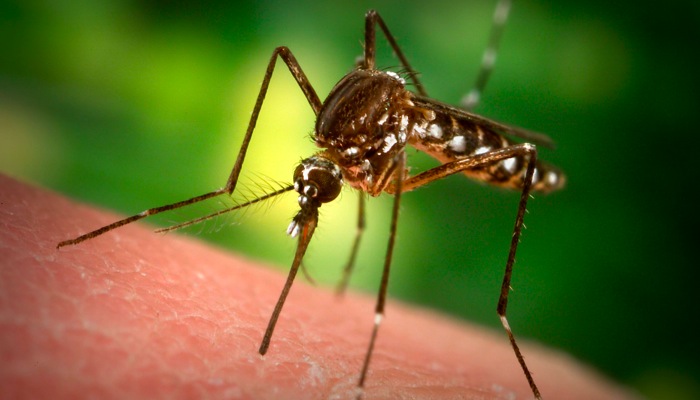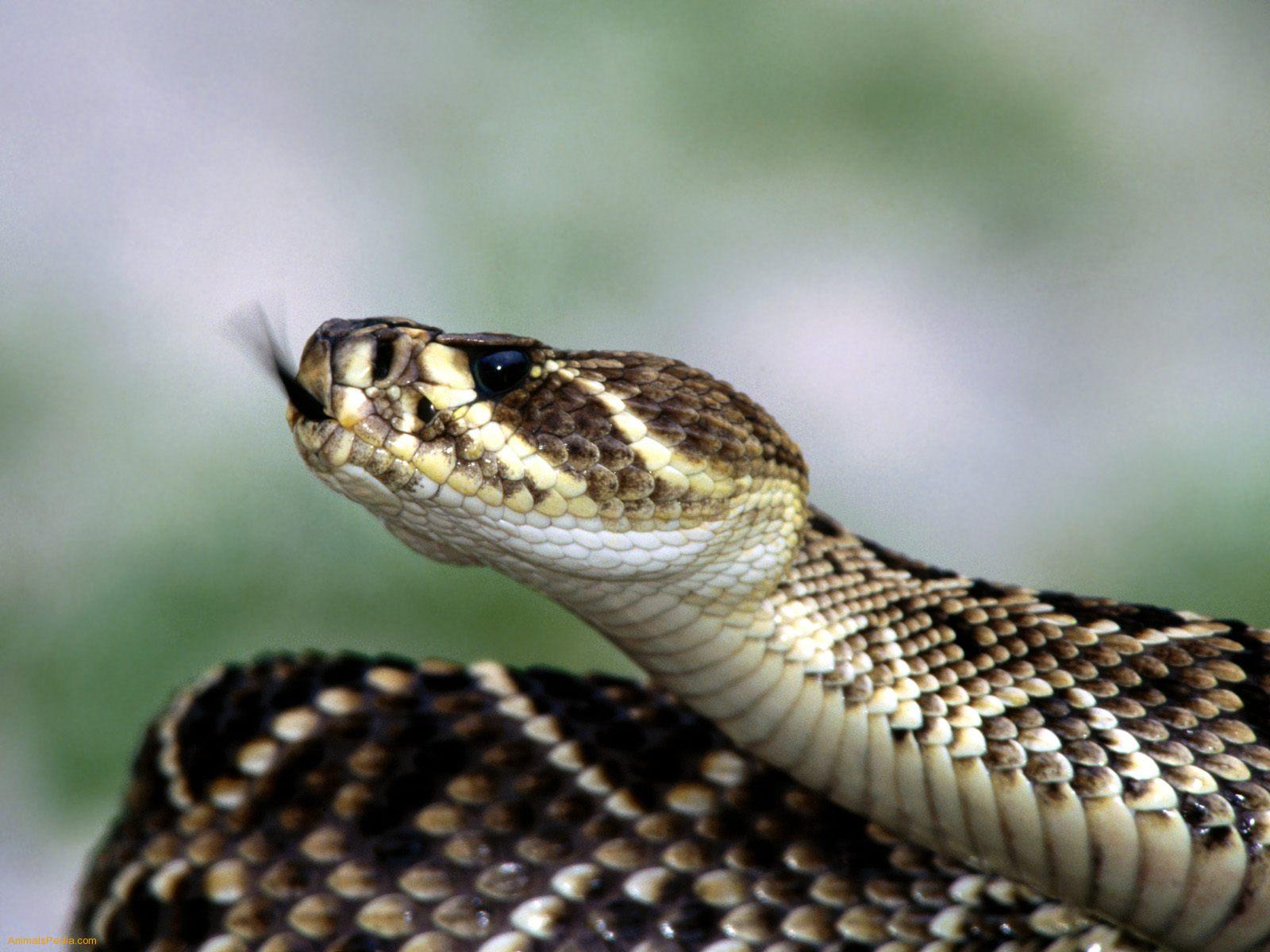|
 |
|
Summertime Spike in Kids' Poisonings
Greetings!
During warm weather when the buzz of lawnmowers fills the air and more sunshine means more outdoor cooking, the percentage of children's injuries linked to hydrocarbons rises to 31 percent of all injuries to children.
Hydrocarbons are chemical compounds, found in household items from cleaning products, to tiki torch fluid, to gasoline. Hydrocarbons are in the top ten causes of poisoning deaths among children in the U.S.
Boys are more frequently injured than girls and the age group most at risk is children between one and two years of age. The product most commonly associated with visits to the emergency department and calls to poison centers is gasoline, with many exposures occurring during vehicle refuelling.
The biggest danger to children is through ingestion: if they swallow and choke on the chemical, it's often breathed into their lungs causing pulmonary injury. The warmer weather should remind parents to properly store hydrocarbons in their original containers.
- Store products properly and high up where children can't see or reach them.
- Keep products in their original, child-resistant package containers.
- Supervise children when these products are being used in and around the home.
- Keep cabinets with products containing hydrocarbons locked.
- Keep children safely in the vehicle during fuel fill ups at gas stations.
|
|
West Nile Precautions
Last year, Texas reported 1,868 human cases of West Nile illness, including 89 deaths. State health officials said there is no way to predict the severity of this year's season. The intensity of West Nile virus activity in Texas fluctuates from year to year and depends on a variety of factors including the weather, the numbers of birds and mosquitoes that maintain and spread the virus and human behavior. The season can last up until the first hard freeze of the year.
To reduce exposure to West Nile virus:
- Use an approved insect repellent every time you go outside and follow the instructions on the label. Among the EPA-approved repellents are those that contain DEET, picaridin, IR3535 or oil of lemon eucalyptus.
- Regularly drain standing water, including water collecting in empty cans, tires, buckets, clogged rain gutters and saucers under potted plants. Mosquitoes that spread WNV breed in stagnant water.
- Wear long sleeves and pants at dawn and dusk when mosquitoes are most active.
- Use air conditioning or make sure there are screens on all doors and windows to keep mosquitoes from entering the home.
Symptoms of the milder form of illness, West Nile fever, can include headache, fever, muscle and joint aches, nausea and fatigue. People with West Nile fever typically recover on their own, although symptoms may last for several weeks. Symptoms of the more serious form, West Nile neuroinvasive disease, can include those of West Nile fever plus neck stiffness, stupor, disorientation, tremors, convulsions, muscle weakness and paralysis. Up to 80 percent of people infected with the virus will have no symptoms.
There are no medications to treat or vaccines to prevent West Nile virus infection. People over 50 years old and those with other health issues are at a higher risk of becoming seriously ill or dying when they become infected with the virus.
West Nile case counts by county will be posted weekly at www.dshs.state.tx.us/news/updates.shtm.
|
Avoid snake bites, not the outdoors
With warmer weather here, people are spending more time outdoors which also means snakes are coming out of hibernation.There are over a hundred different types of species of snakes in Texas alone but only about 15 percent are poisonous. Critical to the ecosystem, most snakes are not aggressive animals and are most likely to bite when they feel threatened, are startled, or are provoked. These few precautions can help lower your risk of being bitten: stay on hiking paths and wear thick boots and pants, avoid walking in tall grass, do not reach into logs, rocky crevices or under rocks and use a walking stick to beat the ground to let them know you are coming. If you are bitten, stay calm, remove any items or clothing that may constrict the area, wash the bite with soap and water, keep the bitten area lower than the heart and call 1-800-222-1222 as soon as possible. DO NOT attempt to make an incision and suction the bite, apply hot or cold packs, constrict the area with a tourniquet and do not waste any time trying to kill or capture the offending snake. |
|
|
|
 |
|

Hurricane Season is here and preparedness is the key to protecting your loved ones whether you live in vulnerable areas or you just happen to be visiting there. Since natural disasters, such as hurricanes, bring a unique set of poisoning concerns themselves, the Texas Poison Center network offers these tips:
- Before evacuating, make sure you have an adequate supply of your medication. Keep your medicines together and in their correct containers. Make a list of your medications and any known allergies you may have.
- Purchase bottled water to drink since water contamination cans easily happen making the local water unsafe to drink. Listen to public announcements for instructions regarding water supply safety.
- Make sure you have a battery operated Carbon Monoxide alarm and that you have tested the batteries and they work. CO poisoning is the most common poisoning death after a hurricane. It is named the "Silent Killer" because there is no odor.
- When using a generator, do not place it indoors, in your garage, under carports or near an open window. The further away from your home the better.
- Be careful when walking through water. Snakes could be lurking around swimming or hiding under debris.
- When disposing of contaminated food, be careful not to place it in trashcans that your pets may get into. Some foods such as onions, macadamia nuts, and grapes are very poisonous to them.
- Do not leave cleaning products unattended as many of them look like other products to a child and can cause an unintentional poisoning.
|
|
|
|
The call is free...peace of mind is priceless. |
School is out and our kids will soon be plagued with "I'm bored" syndrome. They will fill their time with T.V., video games, munching on snacks, and being adventuresome. Follow these tips to ensure adventure does not turn into a nightmare:
- It's in a child's nature to snoop, which can be dangerous, but by providing a snooping activity, you are satisfying their urge while educating them. Have your child identify the dangers that lurk beneath the cabinets and in other parts of your house. Taking the time to identify and discuss these potential hazards with your children can save you time, money and lots of worry. Click here for more information and a guide to snooping for poisons.
- Children love playing video games. If they become tired of playing their favorite game, have them visit our Kids' Corner for different games and activities to keep them busy and poison smart!
- The great outdoors can provide a world of different adventures, but it can also be itchy, painful, or even deadly. Before heading outside, have your child apply bug spray by being mindful of the instructions on the can. Educate them about the venomous snakes in your region and what to do if they encounter one, being sure to emphasize that a venomous snake bite can be deadly for children. A fun activity can be a plant scavenger hunt. Provide a camera and a note pad and pen for your child and have them hunt for different types of plants and document them by taking pictures and writing them down. Later, they can search the Internet and figure out what types of plants they are and if they are poisonous. Click here for more info about outdoor dangers.
If you have any questions or feel you have an exposure to a medication, critter or any other types of chemicals, please call our Poison Experts at 1-800-222-1222, 24 hours a day, 7 days a week, for FREE! | |
|
|